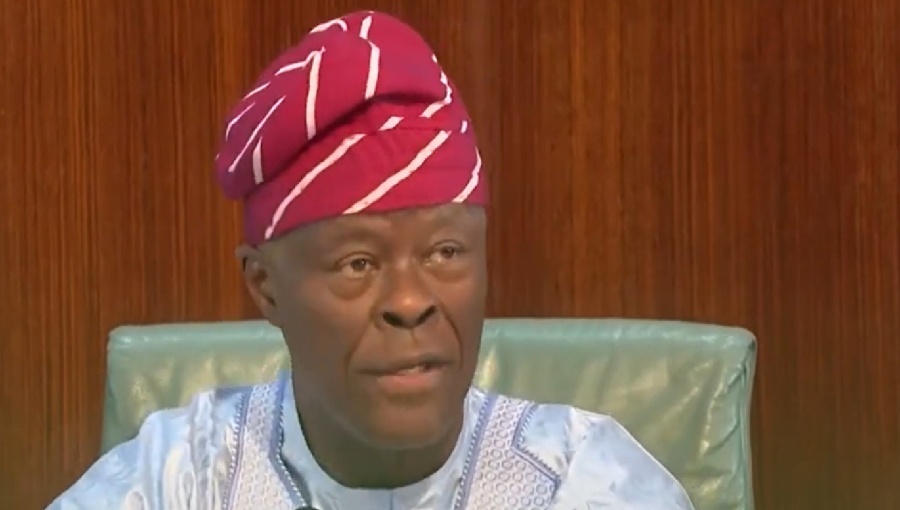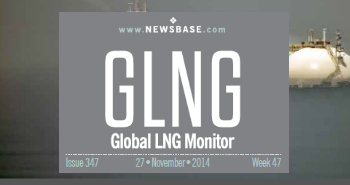Nigeria targets 32% rise in daily gas output by 2030, minister says

Nigeria aims to produce 10bn standard cubic feet of gas per day (BSCFD) by 2030, about 32% more than now, Minister of Finance and Coordinating Minister of the Economy Wale Edun confirmed during a meeting with Nigeria LNG (NLNG) executives in Abuja to discuss investment, reforms and supply challenges, the Independent reported.
Current Nigerian output averages 7.6 BSCFD, according to figures published by the Nigerian Upstream Petroleum Regulatory Commission (NUPRC) in July. In terms of current daily output, Nigeria is around the 8th or 9th top producer globally. But published rankings (annualised, lagging by a year) often place the West African country just outside the top 10 owing to its history of underperformance and supply disruptions.
Edun described gas as central to Nigeria's economic growth and pledged a more predictable business climate under ongoing tax and trade reforms, citing recent upstream agreements as evidence of progress.
He is quoted as saying the government is creating a “transparent, technology-driven” operating environment and invited industry input as rules are finalised.
The meeting linked macroeconomic policy to a concrete production target and to midstream and downstream infrastructure, areas that have lagged in investment despite Nigeria’s large reserves. Edun pointed to the recent Production Sharing Contract (PSC) with TotalEnergies (France) and South Atlantic Petroleum (Sapetro), covering two deepwater blocks, as an example of renewed investor confidence and highlighted plans for digitised trade systems to reduce bureaucracy, strengthen oversight and increase certainty.
“[President Bola Tinubu] has stabilised the economy and created new opportunities for both manufacturing and energy,” he is quoted as saying, adding that comprehensive tax reforms are intended to make Nigeria more competitive.
At the same meeting, according to the Independent, NLNG Managing Director and CEO Philip Mshelbila reported improved feedgas availability, stronger security along the Trans-Niger pipeline and plant capacity utilisation above 70%, an improvement from recent years. He also noted progress on the Bodo-Bonny Road and called for an extension of the East-West highway under the tax credit scheme to ease logistics for gas projects.
Nigeria has a chronic power deficit (average generation of less than 5 GW while demand exceeds 28 GW) and is dependent upon having a reliable gas supply.
If achieved, the 10 BSCFD target confirmed by Edun could stabilise feedstock for thermal plants, thereby reducing blackouts, and enable growth in the petrochemicals and fertiliser sectors.
However, security along pipelines remains fragile, even if NLNG notes recent improvements on the Trans-Niger route. Infrastructure gaps (roads, processing plants, transmission lines) could also stall progress, and global investors are wary of fossil-fuel exposure, even as Africa argues for transitional gas.



Follow us online